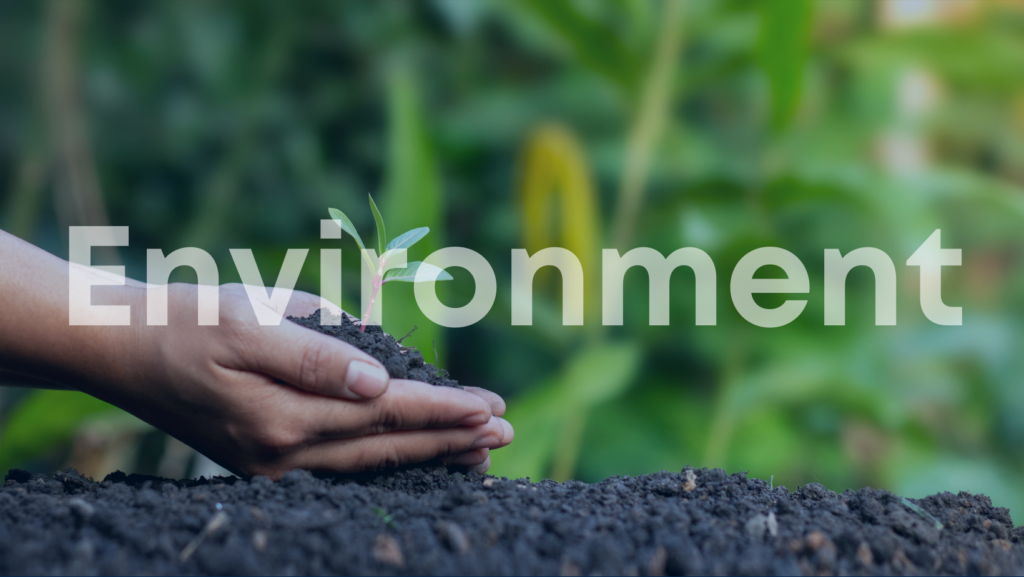
In 2018 at a G7 meeting in Quebec, Canada, along with four other G7 countries and the European Union, signed a non-binding charter to reduce plastic waste. The countries agreed to work with industry and all levels of government to recycle and reuse at least 55 percent of plastic packaging and other plastic waste by 2030 and recover 100 percent of all plastics by 2040.
So far, European countries appear to be leaders in the waste-to-energy incineration of burning human-created garbage and then using the resulting heat to keep buildings warm and generate electricity for consumer consumption. With this innovative solution, the effect of the plastic pollution problem appears under control with t an added economic benefit for the consumption of reusable energy in the effect in the European Union.
Canada, meanwhile, has a crisis when it comes to plastic recycling. Canada does not have an effective solution in place to achieve our commitment to reduce and recycle plastic waste. Approximately 86 percent of Canada’s plastic waste is landfilled, while only 14 percent is recycled. We are nowhere close to recycling 100 percent of the plastic in less than 20 years. Canadians who are looking for a better and more effective solution are concerned about quality and responsible waste management.
Most Canadian incinerators are decades old and are not competitive with the new effective standards of economic benefits. It is clear that Canada faces financial difficulties in innovating in clean energy and recycling waste by incinerating itto produce energy. This is generally twice the price of a landfill solution. But if energy is generated from waste and can be sold to a consumer, it could be mutually beneficial to the economic balance and a cleaner Canadian environment. It is important to understand the current Canadian commitment to reduce waste into affordable energy and commit to the fullest intent to create a leading step to a cleaner environment in mutual respect to the global plastic pandemic. Alberta companies in particular are leaders in creating new technologies and are well poised to play a leadership role in technology innovation in waste management solutions.
